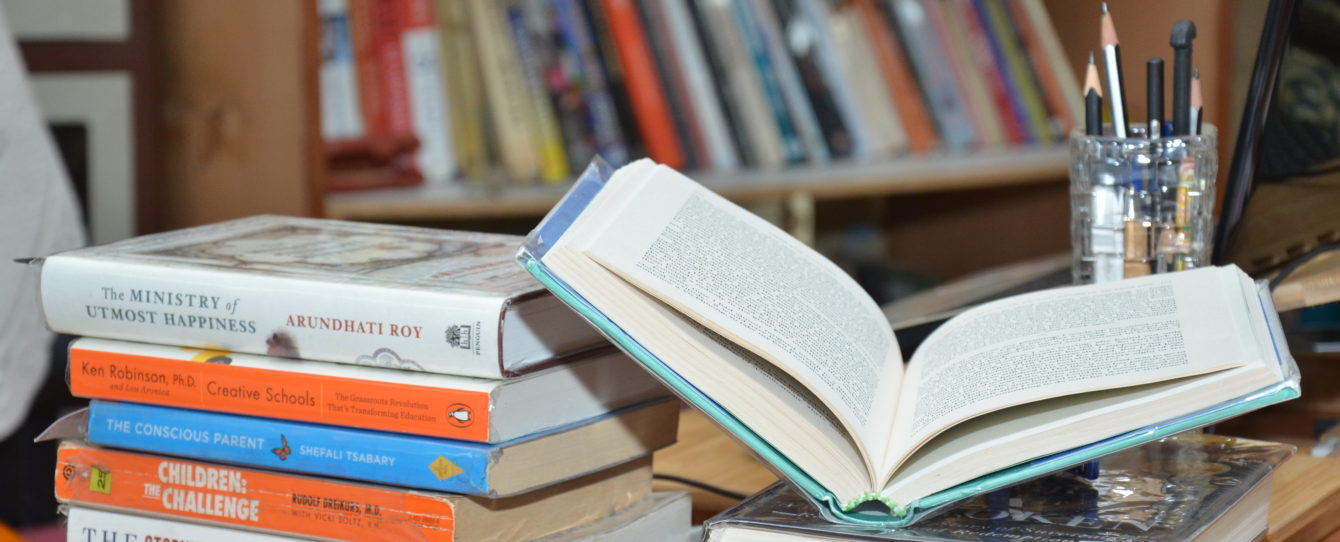HOW TO GUIDE THE CHILD WHEN THEY FACE A PROBLEM
- As parents with a mind to care for our child’s health or physical and mental well-being we expect our children to be totally under our control and to do exactly what we instruct them to do. As parents, we want to present ourselves an ‘I know all’ status and seemingly powerful and appear strong in the eyes of our children. As parents what we must understand is we must not provide assistance or service to our children that they can manage on their own.
- So long as we as parents provide protective initiatives whenever we find them in mild distress we are attempting a discouraging push denying the child the right to learn on his own and develop his own coping methods when faced with an unavoidable challenge. As parents, we can never think of standing behind our children and controlling their lives throughout. And we have our bothering problems we are overwhelmed with.
- Parents should not fall into this trap of always ‘at a rescue mode’ to our children. We have to provide useful guidance in the manner, that we have to instruct, teach, speak, and show them the ways and methods by which they can cope with their daily problems. Children have very active brains and a built-in coping mechanism. As parents, we have to train them to use them. This creates trust and confidence in their individual abilities.
- Children in their lives will have to face many challenges and once they enter the adolescence it would be a discouraging aspect to them to always depend on the parents and this may also frustratingly lead to some undesirable consequences. Therefore, we as parents need to train our children, from an early age the courage and strength to face the life’s adventures.
- It should be known that at later stages children have to learn to deal with their problems in their smart ways and means. It is advisable for parents to assume a casual attitude in the early stages so that it will help the child to develop a healthy attitude of his own. To encourage developing this sense of personal belief in his own abilities, the child needs help and inspiration. The best encouragement is to assure him and let him know that he has parents support and he is given a chance to deal with it on his own.
- We as parents have to move away from our false impression that it is our responsibility to provide all the help and assistance in solving all his problems. It’s like showing our children that we are strong and you are weak. This is not our motive with which we want to raise our children in future. By observing them and questioning for ourselves, ‘what can I do to guide him’ is a practical method to demonstrate the trust and confidence in their abilities. We have to watch them as responsible parents but step back and allow them to enjoy the good and bad of his own experiences and derive his strength and optimism from them.
